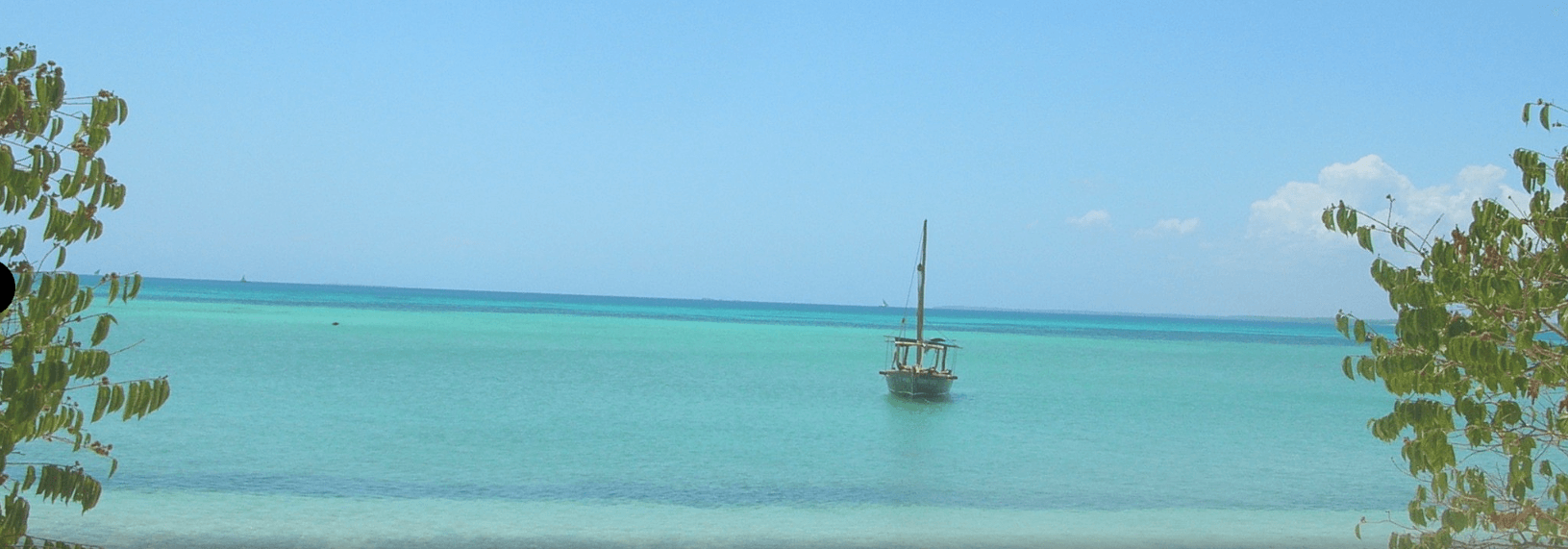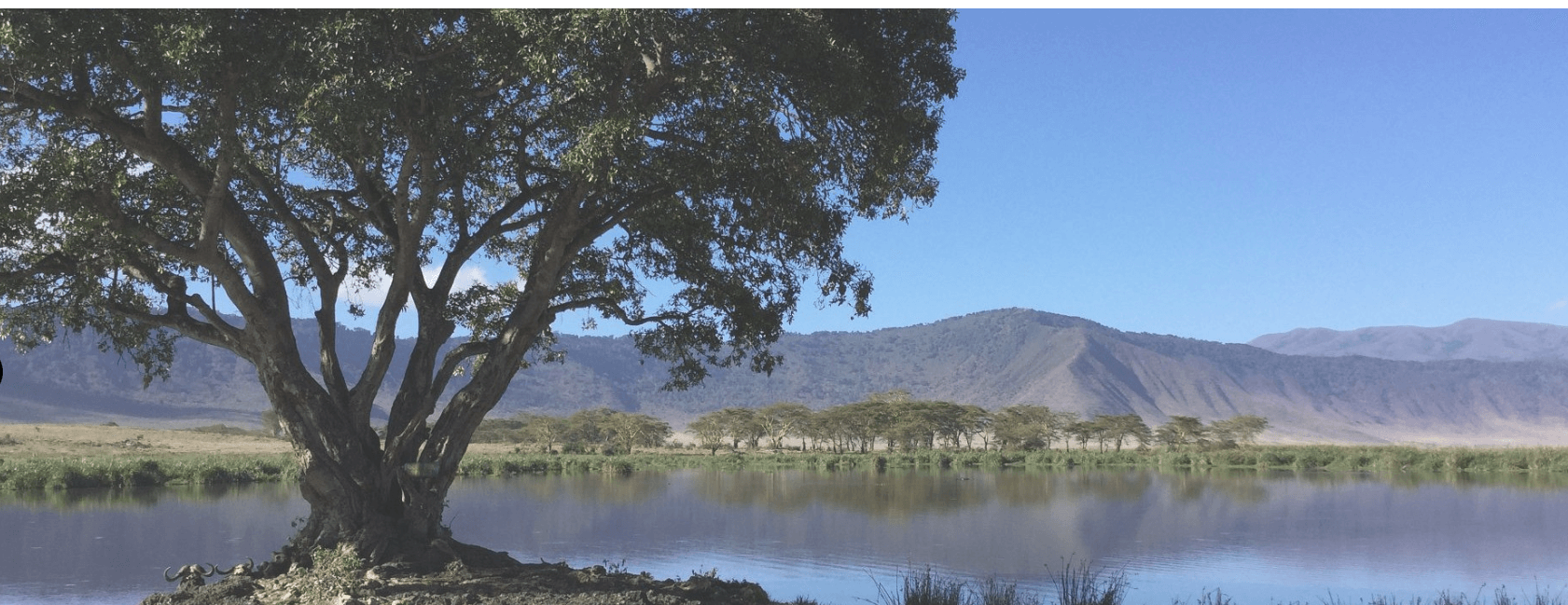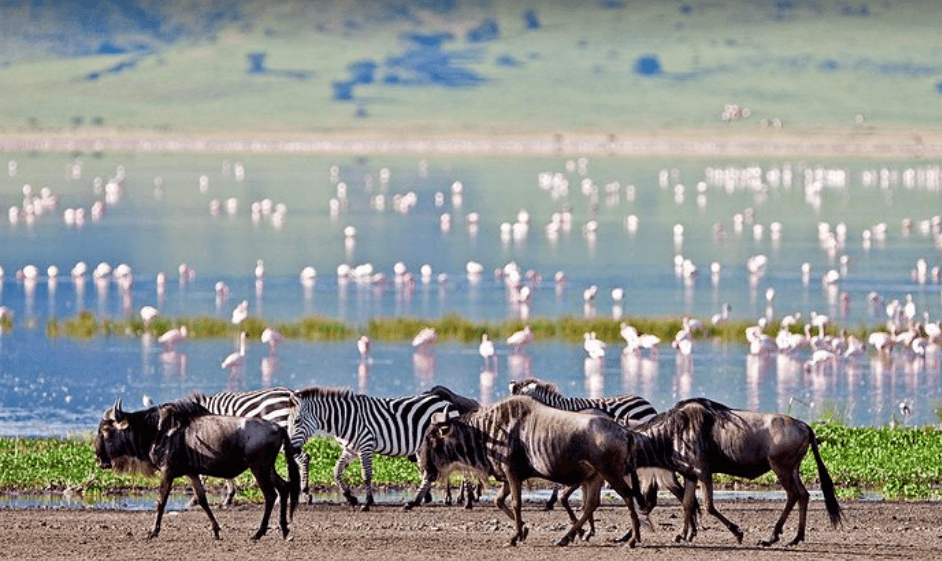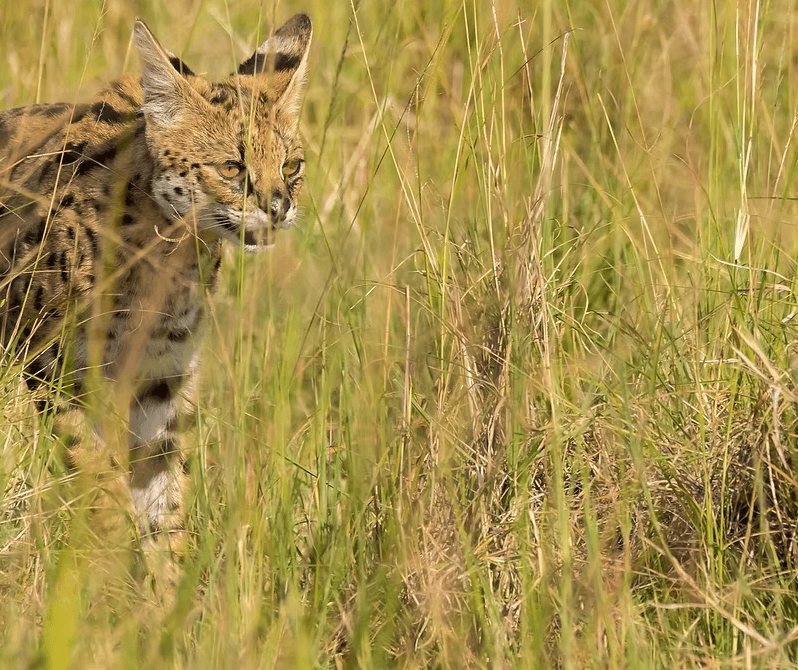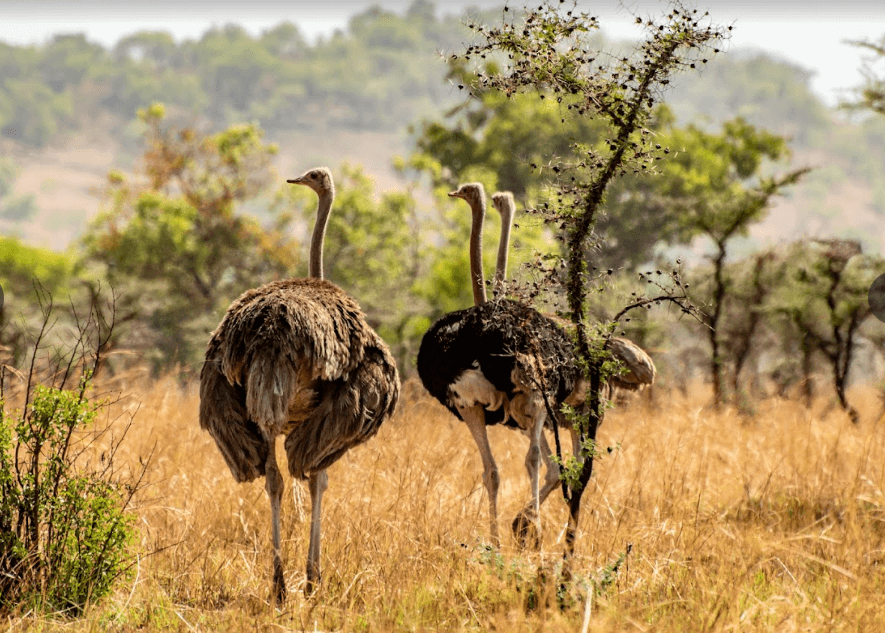Virunga National Park Congo
Virunga National Park, Congo: The Ultimate Guide to Africa’s Oldest National Park
Virunga National Park Congo is not just another wildlife reserve. It is Africa’s oldest national park, established in 1925, and one of the most ecologically diverse areas on the continent. Located in the eastern Democratic Republic of Congo (DRC), Virunga is a sanctuary of volcanic mountains, tropical rainforests, glaciers, lava plains, and savannas.
But what truly sets it apart? Virunga is home to about one-third of the world’s remaining mountain gorillas, making it one of the top gorilla trekking destinations on the planet. It also hosts rare wildlife, active volcanoes, and awe-inspiring landscapes that few places on Earth can rival.
Whether you’re a wildlife lover, adventure traveler, or conservation enthusiast, this guide covers everything you need to know before visiting Virunga.
A Brief History of the Park
Virunga National Park, originally called Albert National Park, was created by King Albert I of Belgium in 1925. It was the first protected area in Africa, designed to safeguard mountain gorillas and their habitat. In 1979, it was designated a UNESCO World Heritage Site due to its outstanding natural value.
However, the park has faced decades of conflict, poaching, and environmental degradation. Despite these challenges, conservation efforts led by the Virunga Foundation and dedicated rangers have helped revive the park’s ecosystem and tourism potential.
Location and Landscape
Virunga spans over 7,800 square kilometers and borders Rwanda and Uganda, covering a range of altitudes from 680 meters to over 5,000 meters at Mount Stanley. Its landscapes include:
-
Dense tropical rainforests
-
Active and dormant volcanoes
-
Alpine meadows
-
Swampy wetlands
-
Glaciers from the Rwenzori Mountains
This diversity supports a vast number of species, some of which are found nowhere else.
Biodiversity at Its Best
Virunga is home to:
-
Mountain gorillas (Gorilla beringei beringei)
-
Chimpanzees
-
Okapis
-
African elephants
-
Hippos (in Lake Edward)
-
Over 700 bird species
-
Rare reptiles and amphibians
The park’s rich biodiversity makes it a critical conservation area and a living laboratory for scientific research.
How to Get to Virunga National Park Congo
Step 1: Travel to Goma
The nearest city and base for Virunga visits is Goma, located on the northern shore of Lake Kivu.
1: By Air
-
Fly into Goma International Airport (GOM) from Kinshasa or Addis Ababa.
-
Ethiopian Airlines and other regional carriers serve this route.
2: Via Rwanda
-
Fly into Kigali International Airport (KGL) in Rwanda.
-
Take a 3- to 4-hour scenic drive to Gisenyi, then cross the border into Goma.
Note: You must secure a tourist visa to enter DRC, and if you’re visiting Virunga, the park will help you arrange a special tourist visa valid only for the duration of your visit.
Step 2: Travel from Goma to Virunga
-
Virunga Park provides transport and security for visitors.
-
Most activities start from the Mikeno Lodge in Rumangabo, about 1.5 hours from Goma.
-
Transport is typically included in activity or lodging packages.
Attractions and Activities in Virunga National Park Congo
There is no shortage of adventure and discovery in Virunga. From wildlife encounters to volcanic treks, the park is a playground for the bold and the curious.
1. Gorilla Trekking in the Forests of Virunga
This is the crown jewel of the park’s tourism. Treks to observe habituated mountain gorilla families take place daily from Bukima Ranger Station.
What to Expect:
-
Small group treks (maximum of 8 people)
-
Hikes last 1–3 hours depending on gorilla location
-
One hour with a gorilla family
-
Rangers guide the entire experience
Permit Cost: Around $400 USD, significantly cheaper than neighboring Rwanda or Uganda.
This intimate encounter with one of the world’s most endangered species is life-changing and deeply emotional.
2. Nyiragongo Volcano Hike
Mount Nyiragongo is an active volcano and home to the world’s largest lava lake. A trek to the summit is an adrenaline-pumping bucket-list experience.
Hike Details:
-
2-day guided trek
-
Overnight stay at the summit shelters
-
Distance: 8 kilometers uphill
-
Altitude: 3,470 meters
From the top, watch molten lava swirl and bubble inside the crater. It’s surreal and unlike anything else in Africa.
3. Chimpanzee Habituation Experience
Virunga offers one of the few places in Africa where visitors can join researchers in chimpanzee habituation walks. This unique experience is led by primatologists and offers insight into chimpanzee behavior, tracking, and forest ecology.
4. Wildlife Viewing at Lake Edward
Head to the Ishasha River or Lake Edward for classic African wildlife:
-
Hippos
-
Buffalo
-
Elephants
-
Crocodiles
-
Diverse birdlife
Enjoy boat rides or nature walks along the lake’s edge for peaceful wildlife viewing.
5. Rwenzori Mountain Treks
Virunga’s northern sector touches the Rwenzori Mountains, also known as the Mountains of the Moon. Multi-day treks take you through glacial valleys, waterfalls, and rare alpine flora.
6. Photography and Conservation Tours
Capture the park’s beauty with special photography permits and guided tours. These can focus on wildlife, landscapes, community life, or park ranger conservation work.
Accommodations Near Virunga National Park
Virunga has carefully developed sustainable and comfortable lodging that supports conservation and community development.
Recommended Places to Stay
1. Mikeno Lodge (Rumangabo)
-
Luxury eco-lodge within the park
-
Offers gorilla and chimp trekking packages
-
Nestled in a forest with volcano views
2. Bukima Tented Camp
-
Located near the gorilla trekking base
-
Offers luxury canvas tents with en-suite bathrooms
-
Stunning views of Mount Mikeno
3. Nyiragongo Summit Shelters
-
Basic huts used for overnight volcano treks
-
Provided sleeping bags and meals included in package
4. Kibumba Tented Camp
-
Ideal for budget travelers
-
Close to Nyiragongo and gorilla trek starting points
5. Lac Kivu Lodge (Goma)
-
Upscale hotel by Lake Kivu
-
Great pre/post-park base for international travelers
Best Time to Visit Virunga National Park Congo
Dry Season (Best Time)
-
June to September
-
December to February
These months offer the best conditions for trekking and wildlife viewing. Trails are dry, and visibility is high.
Wet Season
-
March to May
-
October to November
The park remains open, and gorillas are easier to locate since they stay closer to base camps. However, hiking trails may be slippery.
Frequently Asked Questions (FAQs)
Is it safe to visit Virunga National Park?
Yes, but security measures are strict. The park provides armed ranger escorts, and only approved areas are open to tourists. Always book through the Virunga Foundation or their partners for safety.
How do I get a permit?
All permits (for gorilla trekking, Nyiragongo hikes, etc.) can be booked directly through the Virunga National Park website. Packages often include transportation, permits, and accommodation.
Can I take photos of the gorillas?
Yes, photography is allowed—no flash. Keep at least 7 meters from the gorillas to protect them and yourself.
What is the cost of visiting Virunga?
-
Gorilla Trekking: ~$400
-
Nyiragongo Hike: ~$300
-
Lodging: $100–$400 per night depending on comfort level
-
Visas: ~$105 (Virunga facilitates this)
Is there internet access?
Most lodges offer limited Wi-Fi, but don’t expect high-speed internet, especially in remote areas. Disconnect and enjoy nature!
What should I pack?
-
Passport and permits
-
Hiking boots and socks
-
Rain jacket
-
Warm clothes for volcano summit
-
Insect repellent and sunscreen
-
Camera and binoculars
-
Reusable water bottle
Final Thoughts: Why Virunga National Park Belongs on Your Bucket List
Virunga National Park is not your average safari destination. It’s wild, raw, and real. Where else can you hike an active volcano, track mountain gorillas, and stay in luxury eco-lodges all within one park?
This park is for the curious, conscious, and courageous traveler. Visiting Virunga supports ranger programs, conservation efforts, and local communities, making your trip a force for good.
So if you’re ready to discover Africa in its purest form, Virunga National Park is waiting—untamed, unforgettable, and undeniably magical.

